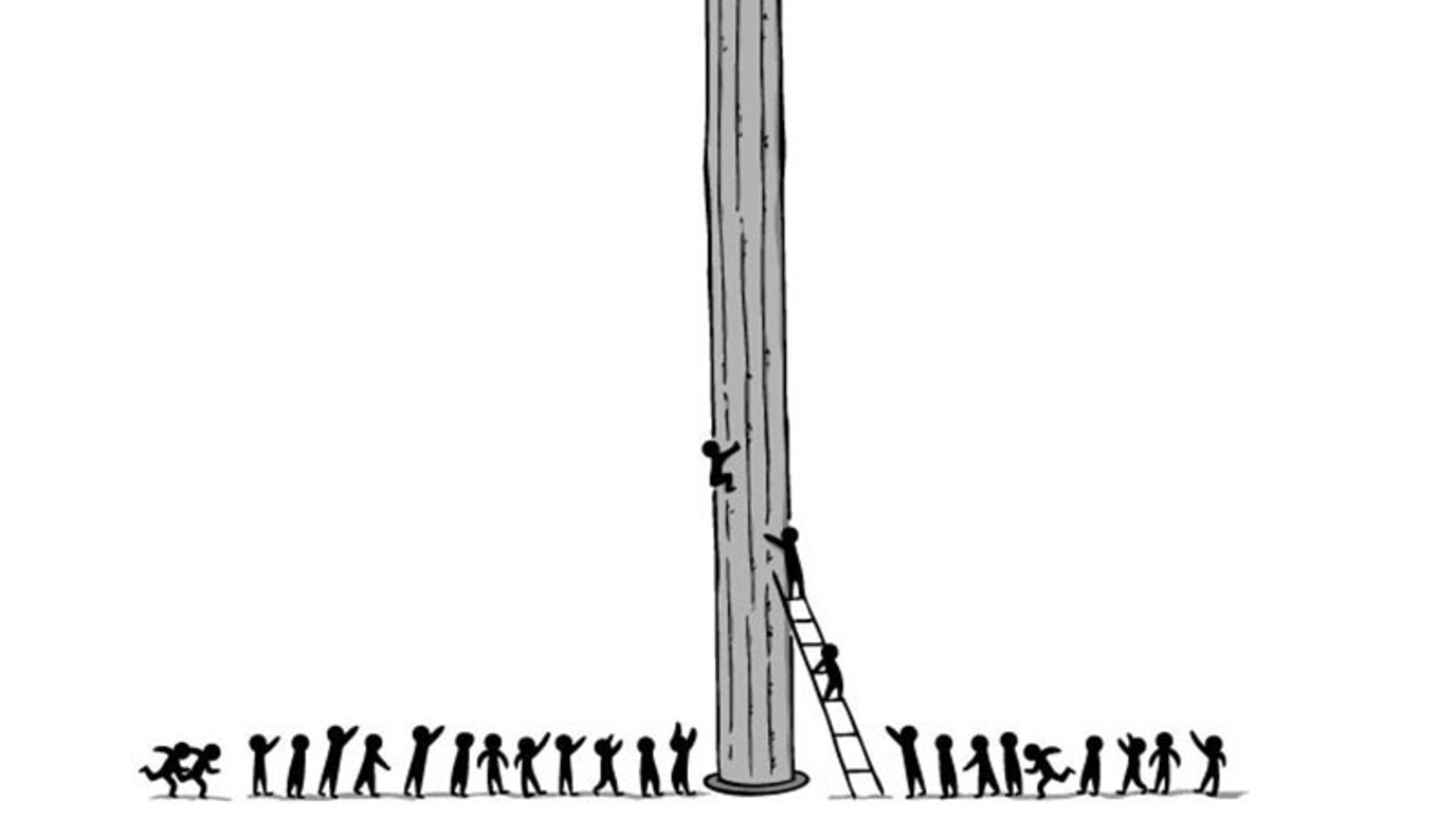These schools are losing the culture battle

When you talk to education reformers, you hear a lot about school culture. Part of turning low-achieving kids into high-achieving kids is making them think they can.
This is not "culture" in a political or demographic sense, but in the general sense of the word: the beliefs, customs and norms of a discrete group.
That's why, when you walk through culturally transformed schools, you notice some commonalities. You see college pennants hanging on the walls and teachers wearing clothing from their alma maters. You hear students being addressed as "scholars," reciting affirmative mottos and donning uniforms.
That isn't how we did things at the public schools I attended. But then, there was already a culture of high expectations at my schools.
I've seen these signs of culture change in charter schools from Atlanta to New Orleans. But students' attitude toward academics isn't the only important aspect. Discipline is, too.
That's why I was unsurprised this past week, when the Georgia Department of Education released its inaugural "school climate rankings," to see much overlap between the schools at the bottom of that list and the state's worst performers academically.
The schools that have received failing academic grades for three straight years -- which would qualify them for Gov. Nathan Deal's proposed Opportunity School District -- represent just 6 percent of Georgia's schools.
But they represent 34 percent of the schools that got the lowest rating in the school climate rankings.
Think about that: These failing schools were over five times more likely than the average Georgia school to score poorly on a measure weighing student attendance, bullying, discipline problems, drug use and a general sense of school safety.
You can argue about cause and effect. What's inarguable is these schools are losing the culture battle.
One of the schools I visited in New Orleans was, despite an improved academic record, losing the culture battle as recently as last year. Sci Academy, a high school, had raised its graduation rate and was producing more first-generation college students.
But it also had the highest suspension and expulsion rates in New Orleans' Recovery School District, said the district's superintendent, Patrick Dobard. Civil-rights groups protested outside the school.
School leaders responded, putting an emphasis on the issue. As of my late February visit, Dobard said Sci Academy had zero expulsions this school year.
The RSD model gives principals the autonomy needed to change their schools' cultures, among students and teachers alike. For school districts, though, this isn't a matter of authority but of will.
That's why a question raised at a House committee hearing on Deal’s proposal -- why doesn't the state emulate a successful local district like Gwinnett instead of Louisiana? -- was a fair question. It was just pointed in the wrong direction.
How long has Gwinnett been a good system? A long time. How long have systems such as DeKalb, Atlanta, Bibb and Richmond struggled? A long time.
So why haven't they followed the Gwinnett model, or its like?
Among other things, I submit it's largely a matter of districts losing the culture battle on a wide scale.
And the question isn't why the state should intervene as Deal has proposed. It's why the state hasn't stepped in before now.


